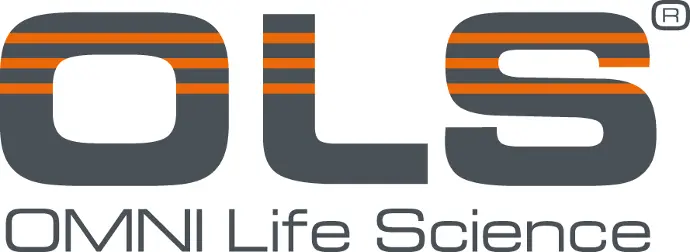From Adult Stem Cells to Organoids
The CERO 3D Incubator & Bioreactor is a revolutionary technology for production of organoids from pluripotent or adult stem cells. It offers an efficient, standardizable way to generate and maintain high yields of homogeneous organoids used as a tool in cancer research. Remarkably, the organoids have also a predictive capacity for in vivo response.
- Reduced costs and time
- Increase size & lifespan
- Optimal nutrition & gas diffusion
- Free floating, no shear forces
- High homogeneity and yield
- Multiplexing organoidogenesis
Increase cellular, structural and functional complexity of organoids.




